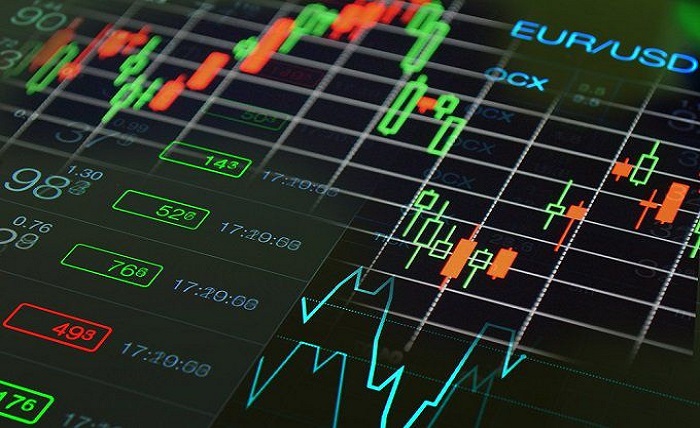
Forex trading is a lucrative investment opportunity but can be overwhelming for beginners. That’s where a forex broker comes in. A forex broker is a financial professional who facilitates trades in the foreign exchange market on behalf of their clients. This article will explore the role of a broker and the benefits of working with one.
What Does a Broker Do?
A broker is a middleman between traders and the market. They provide access to the market, offer trading platforms and tools, and execute trades on behalf of their clients. Brokers charge a commission or a spread, the difference between a currency pair’s buying and selling price. Brokers provide a range of services to their clients, including:
- Market Analysis: Brokers offer market analysis and research to help clients make informed trading decisions. They provide daily market updates, economic calendars, and news feeds to keep their clients up-to-date with the latest market trends.
- Trading Platforms: Brokers offer trading platforms that allow their clients to access the market and execute trades. These platforms vary in features and functionality, but most offer real-time market data, charting tools, and technical analysis indicators.
- Education and Training: Brokers provide educational resources to help clients improve their trading skills. These resources may include webinars, eBooks, and one-on-one coaching.
- Customer Support: Brokers offer customer support to their clients to help them navigate the market and troubleshoot any issues that may arise. This support may be offered through phone, email, or live chat.
Benefits of Working with a Broker
There are several benefits to working with a broker, including:
- Access to the Market: Brokers provide their clients access to the foreign exchange market, which can be difficult for individual traders. Brokers have established relationships with banks and other financial institutions, which allows them to offer their clients competitive pricing and execution.
- Trading Tools and Platforms: Brokers offer a range of trading platforms and tools to help their clients make informed trading decisions. These tools may include technical analysis indicators, real-time market data, and charting tools.
- Market Analysis and Research: Brokers offer market analysis and research to help their clients stay informed about the latest market trends. This analysis may include economic calendars, news feeds, and daily market updates.
- Education and Training: Brokers provide educational resources to help clients improve their trading skills. These resources may include webinars, eBooks, and one-on-one coaching.
- Customer Support: Brokers offer customer support to their clients to help them navigate the market and troubleshoot any issues that may arise. This support may be offered through phone, email, or live chat.
Choosing a Broker
Choosing a broker is an important decision that should not be taken lightly. Here are some factors to consider when choosing a broker:
- Regulation: A reputable financial authority, such as the Australian Securities and Investments Commission (ASIC), should regulate Brokers. The regulation protects clients and ensures that brokers operate fairly and transparently.
- Trading Platforms: Brokers offer a range of trading platforms with varying features and functionality. Choosing a platform that meets your trading needs and preferences is important.
- Commission: Brokers make money by charging a commission or a spread on trades. Comparing commission and spread rates across different brokers is important to ensure you get a competitive price.
- Customer Support: Customer support is an important factor to consider when choosing a forex broker. Look for brokers that offer 24/7 customer support and multiple channels for communication, such as phone, email, and live chat.
- Reputation: Research the reputation of a broker before opening an account. Look for feedback from other traders to understand the broker’s reliability, transparency, and customer service.
- Trading Conditions: Consider the trading conditions the broker offers, such as leverage, minimum deposit, and trade size. Make sure the trading conditions meet your trading strategy and risk tolerance.
- Deposit and Withdrawal Methods: Check the deposit and withdrawal methods offered by the broker to ensure they are convenient and secure. Look for brokers offering various payment options, such as bank transfers, credit/debit cards, and e-wallets.
A forex broker plays an essential role in the foreign exchange market by providing access to the market, trading platforms and tools, market analysis and research, education and training, and customer support. Working with a broker can offer several benefits, such as access to the market, trading tools and platforms, market analysis and research, education and training, and customer support. When choosing a forex broker, it’s essential to consider factors such as regulation, trading platforms, commission and spreads, customer support, reputation, trading conditions, and deposit and withdrawal methods. Trading professionals can raise their likelihood of succeeding in the forex market by partnering with a trustworthy broker.



